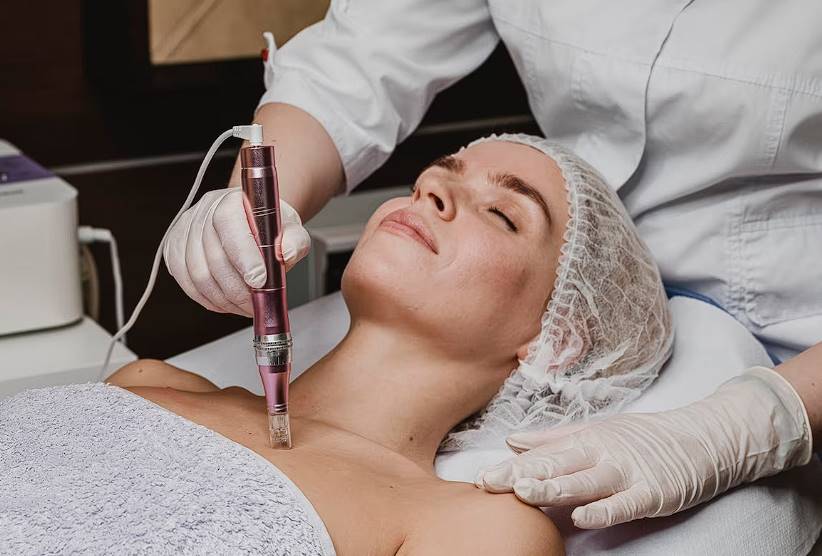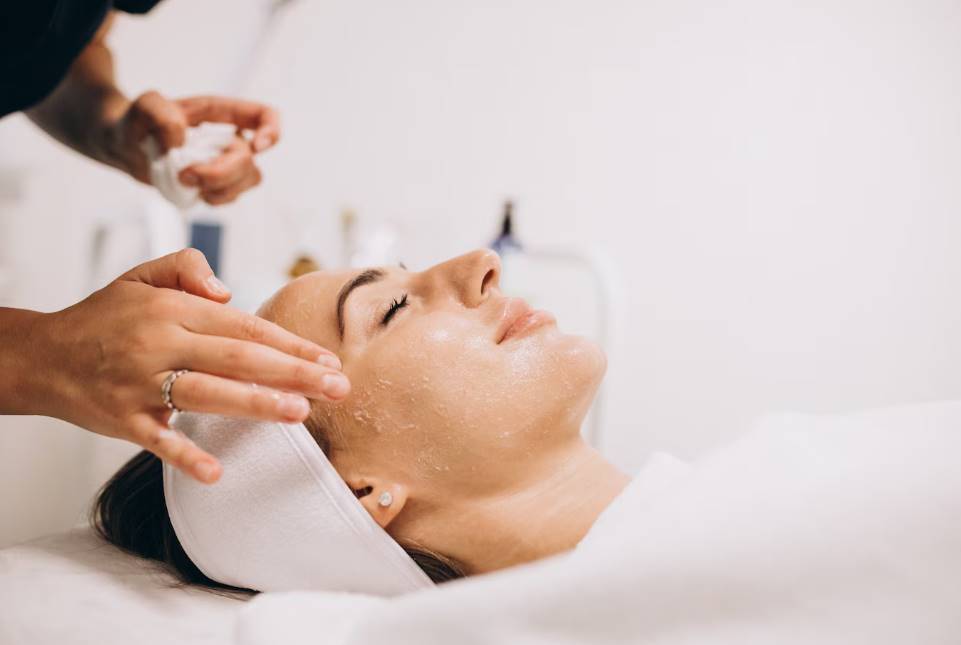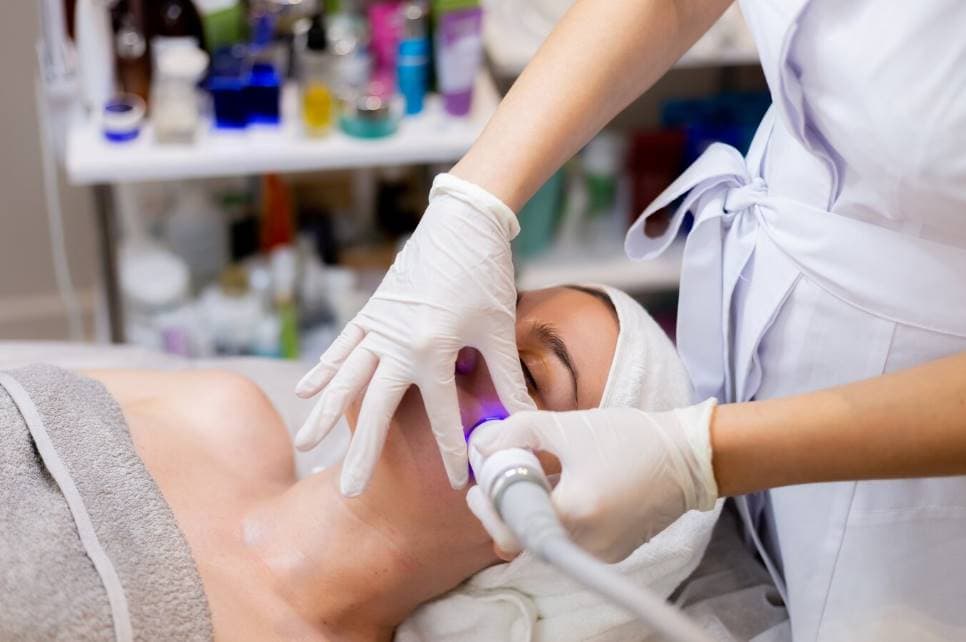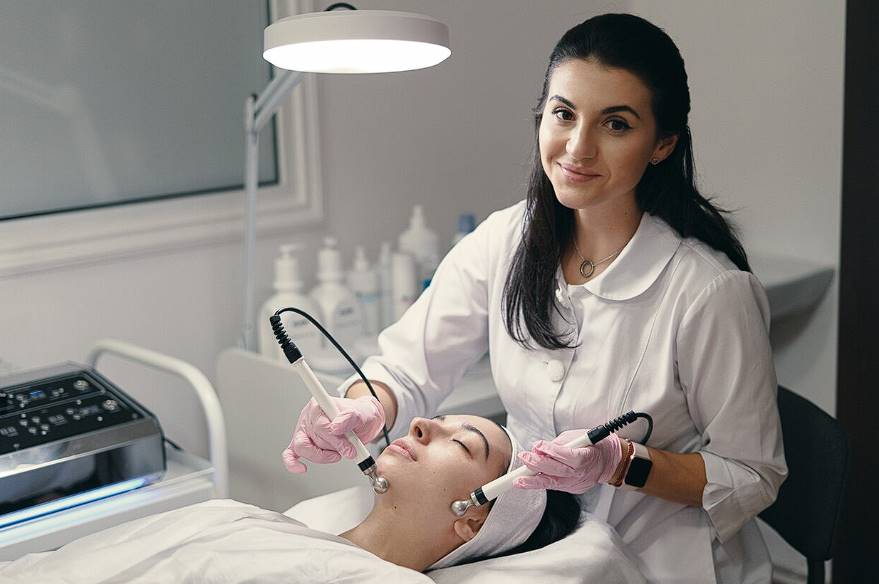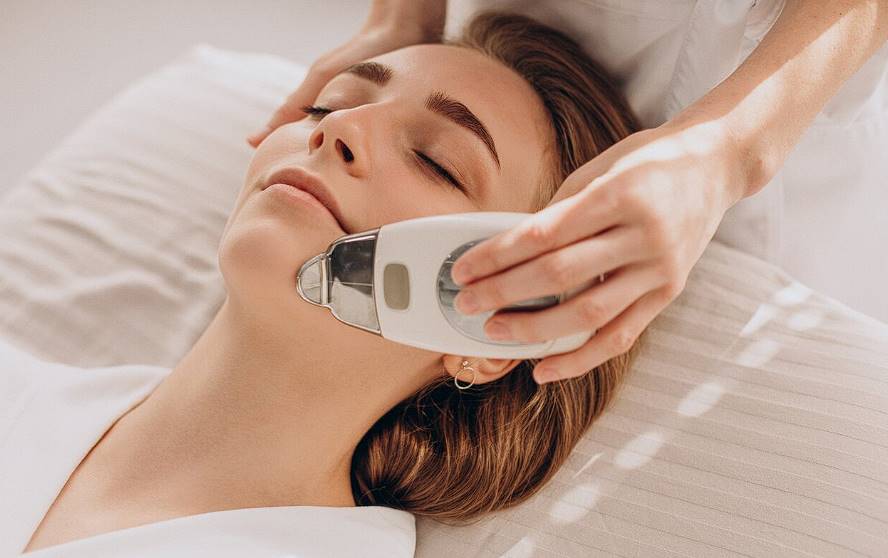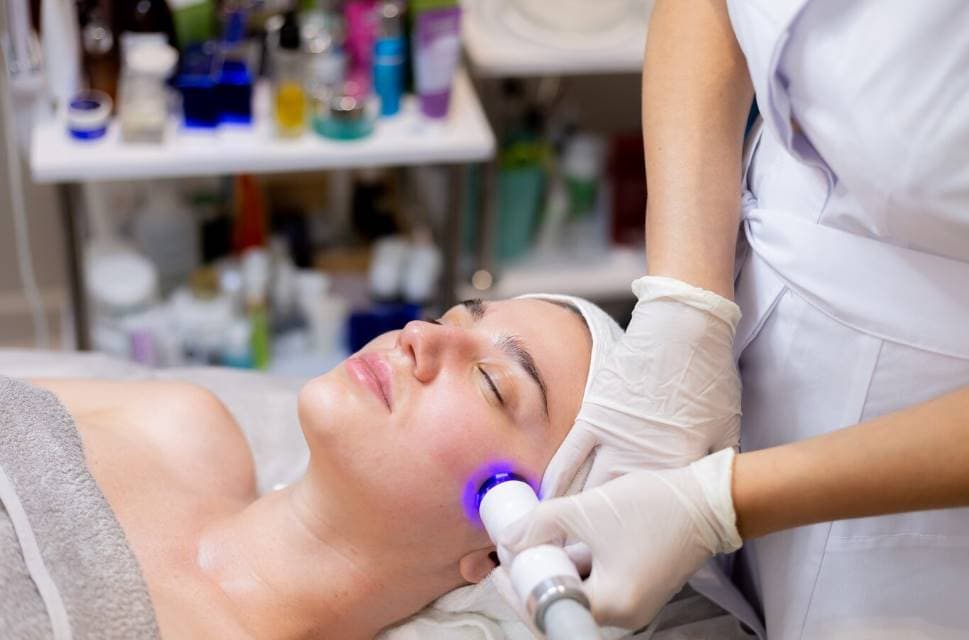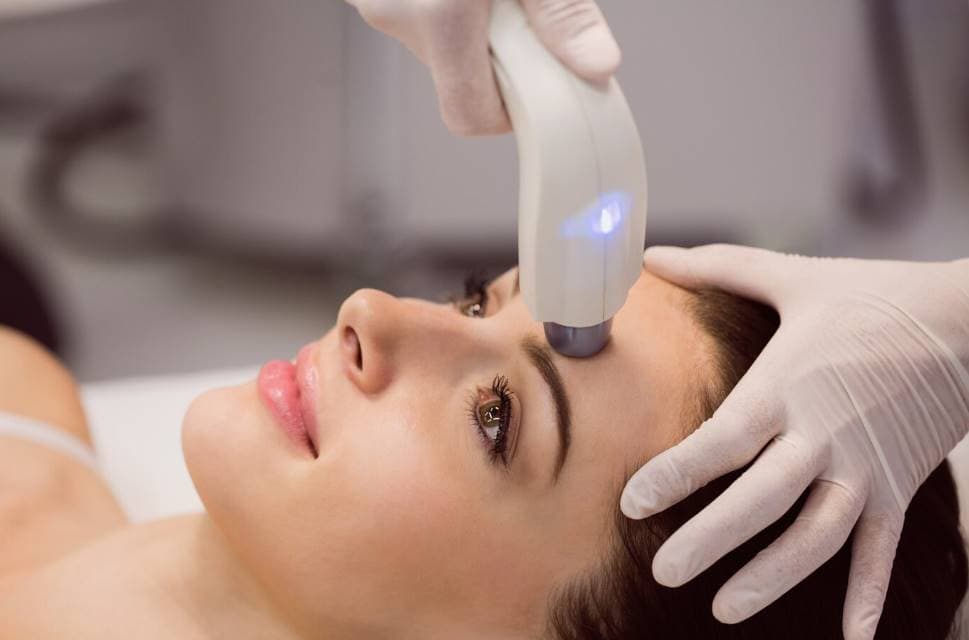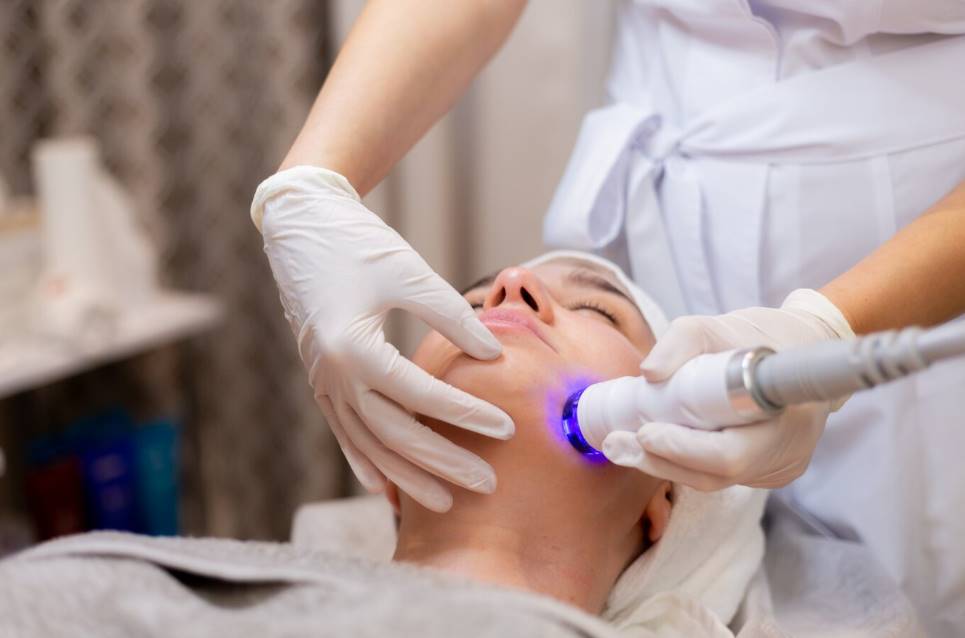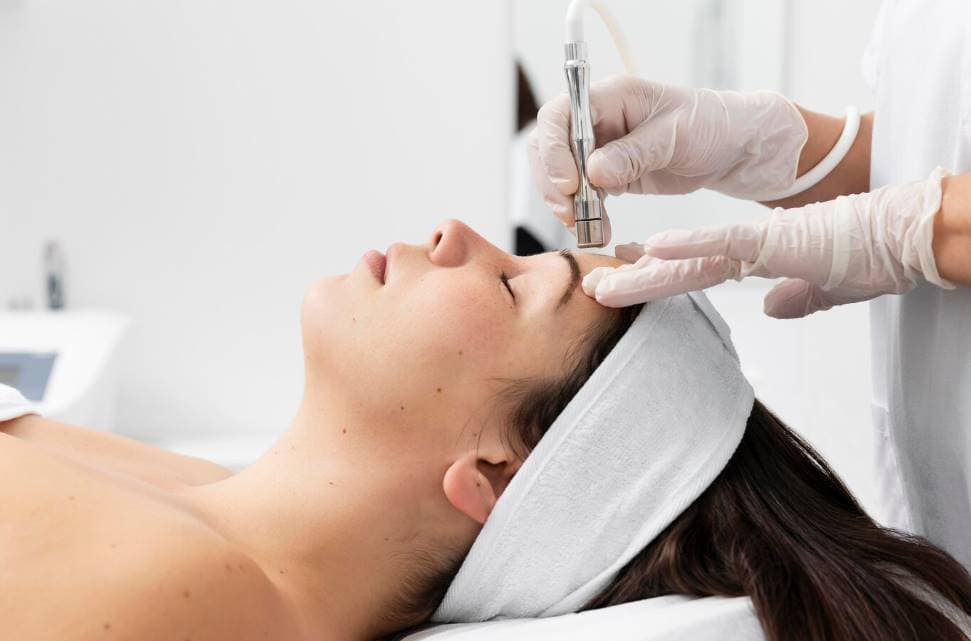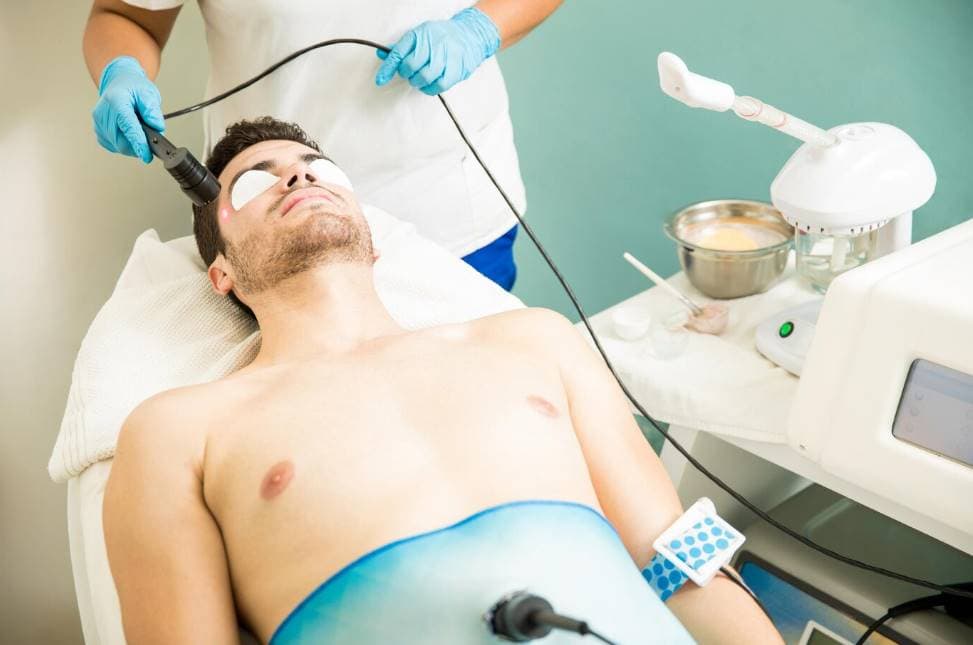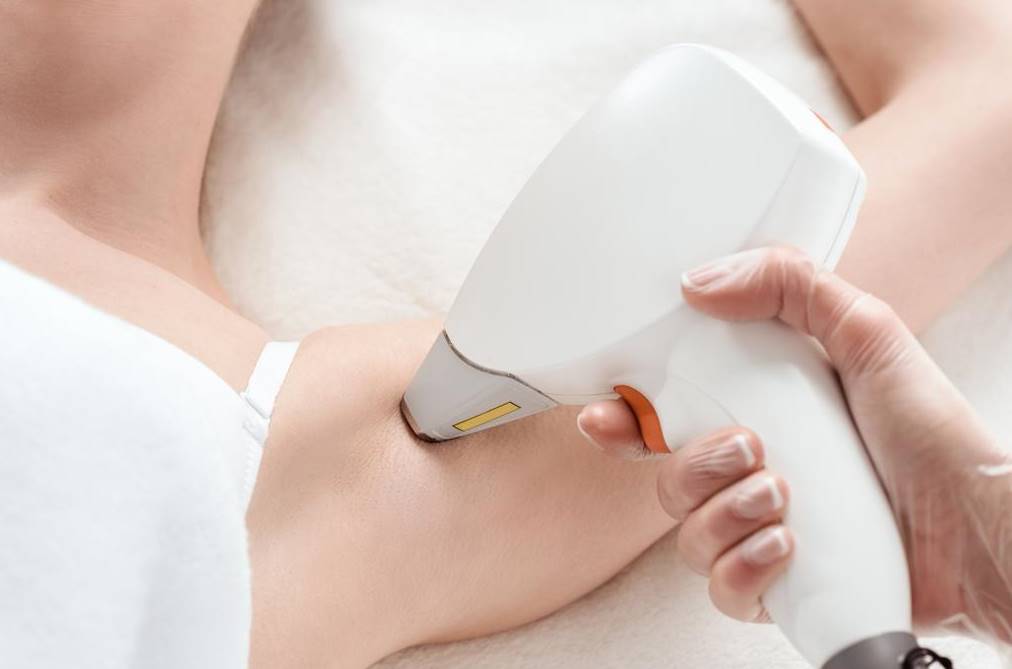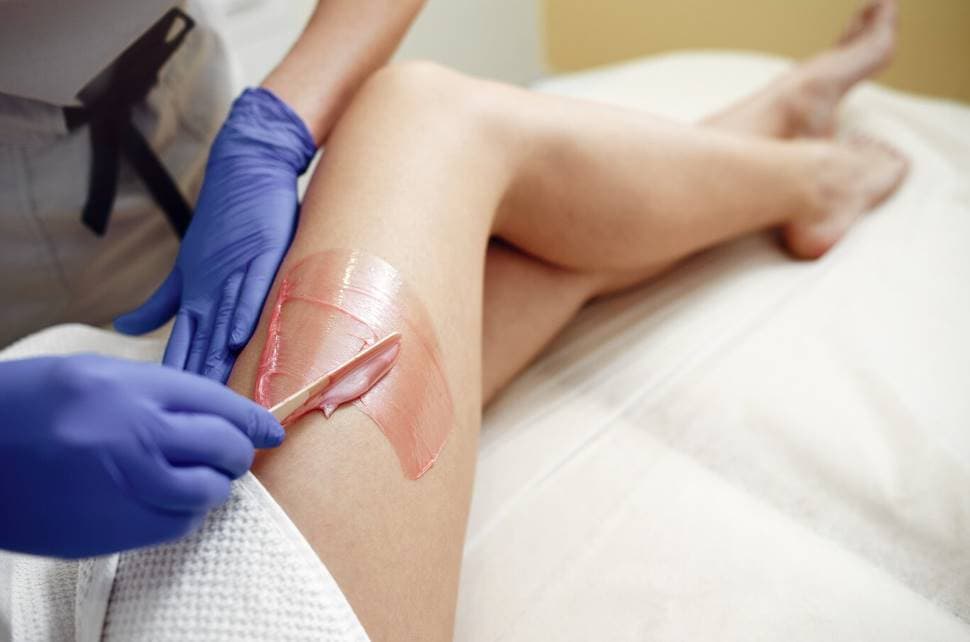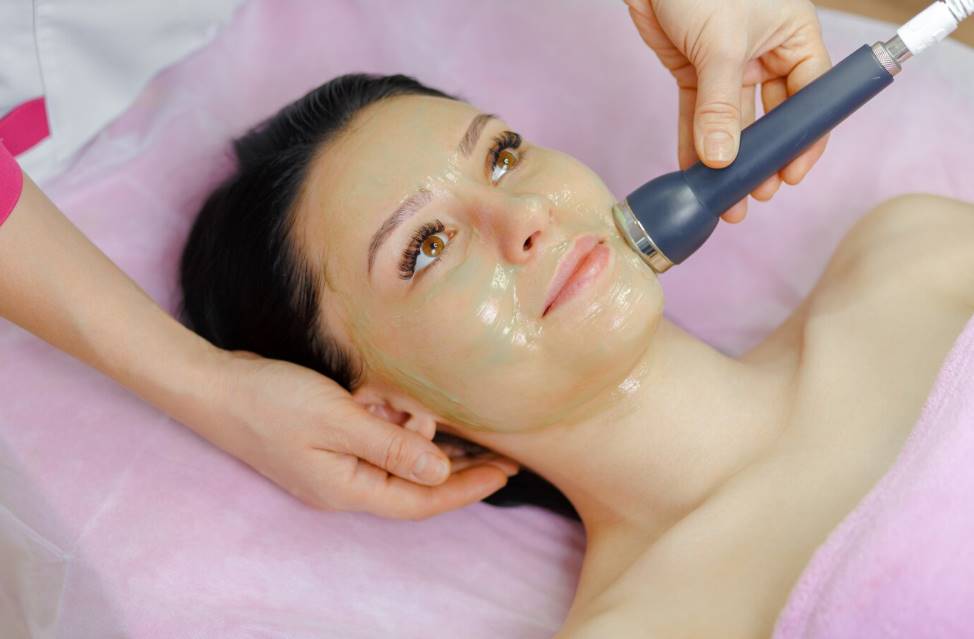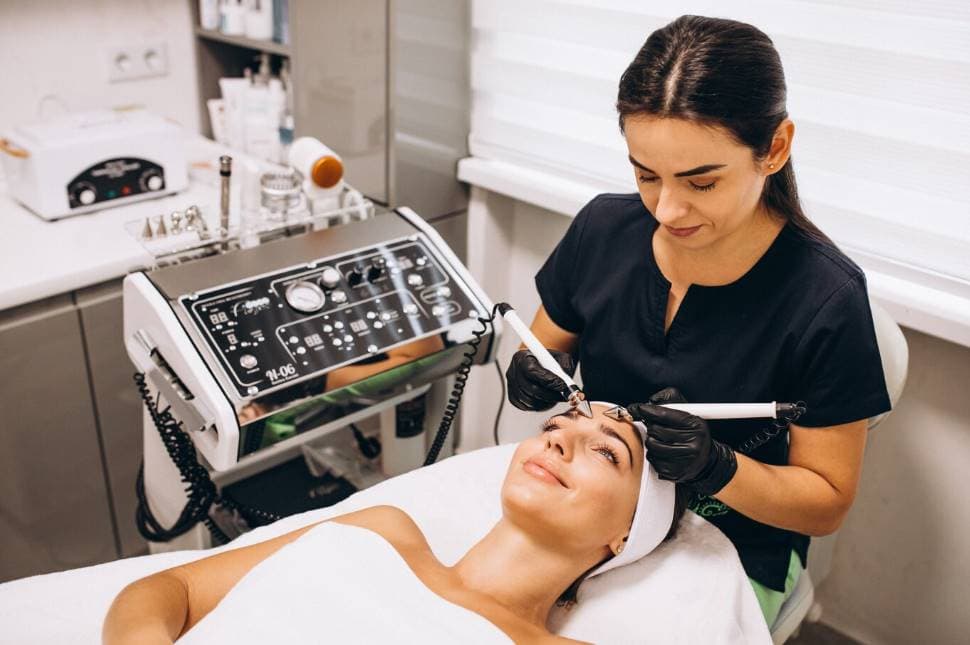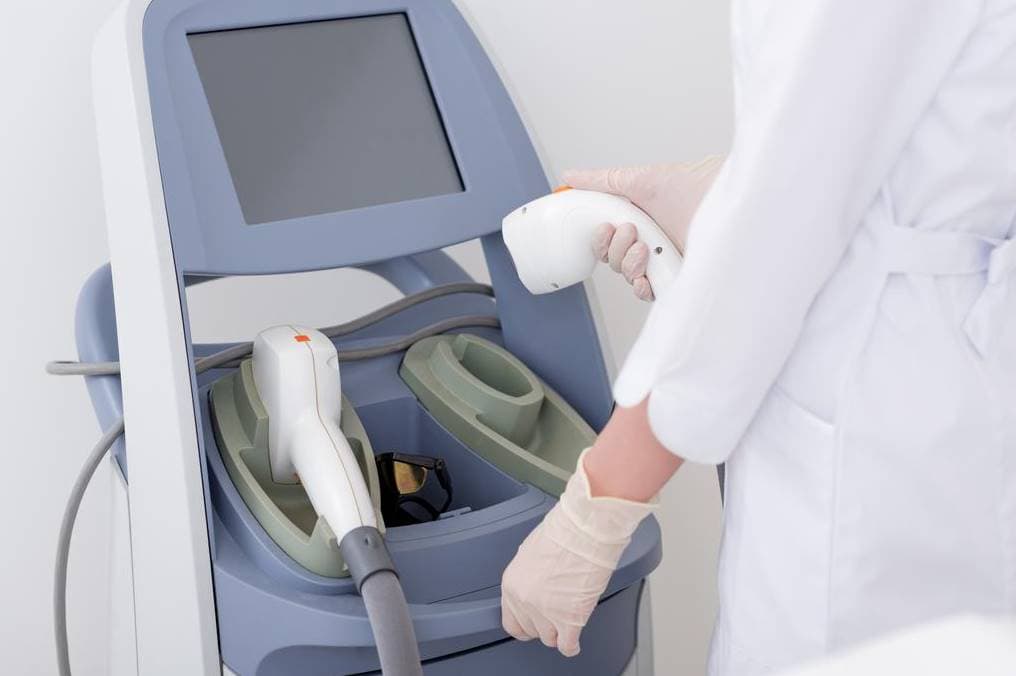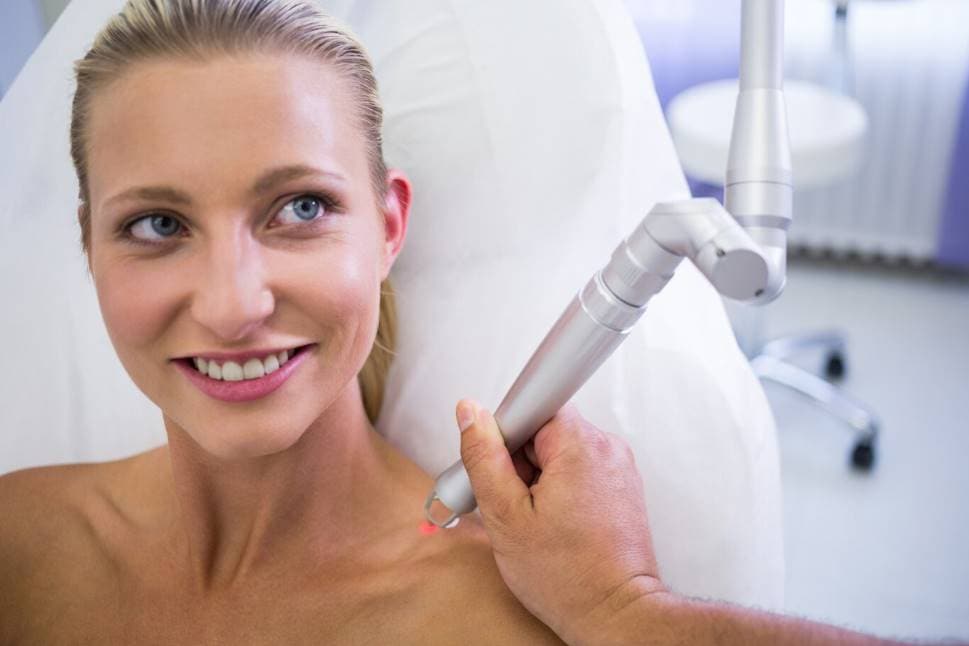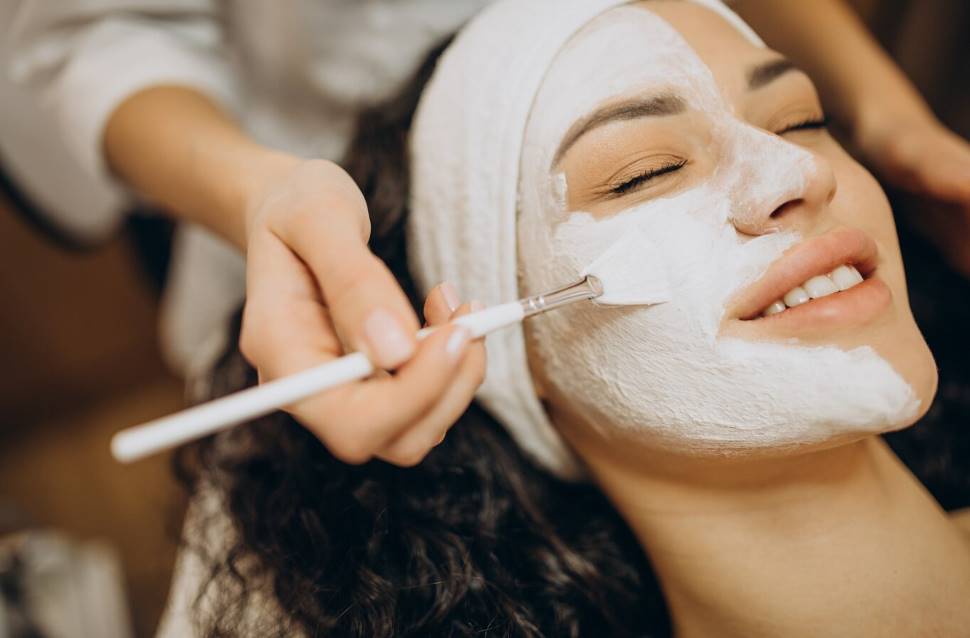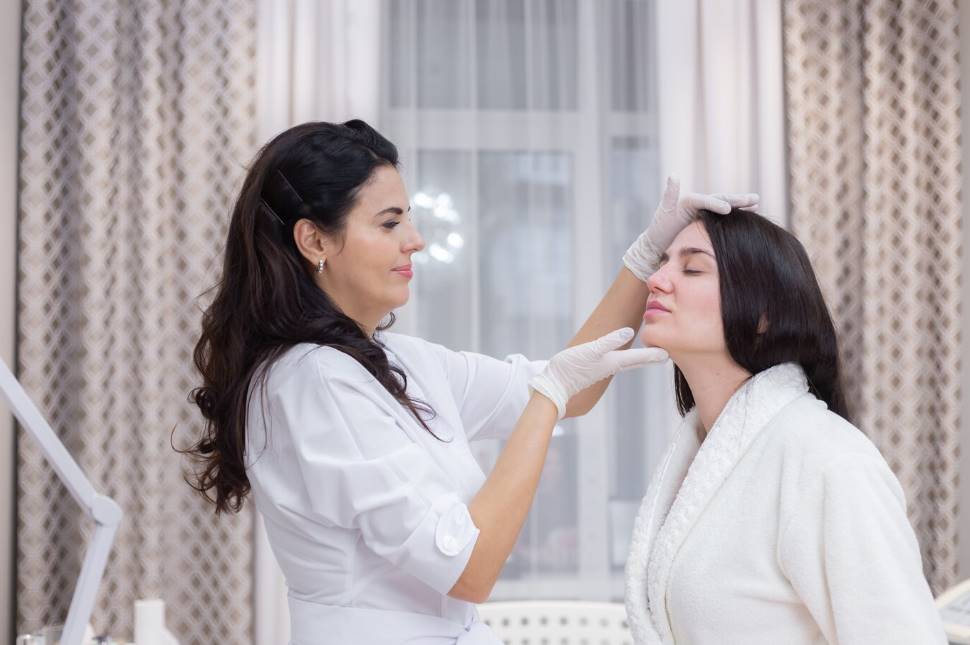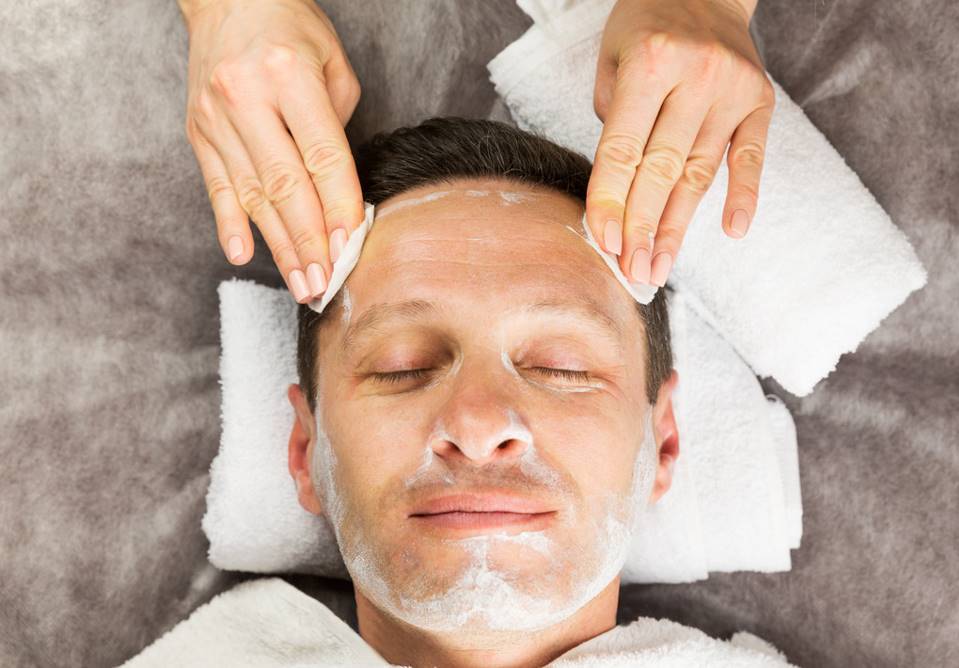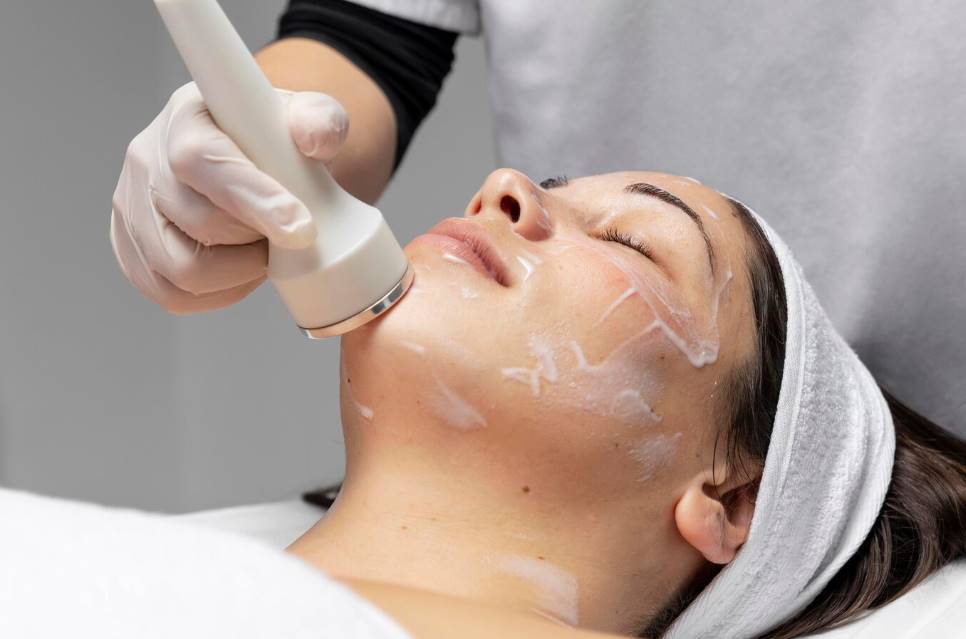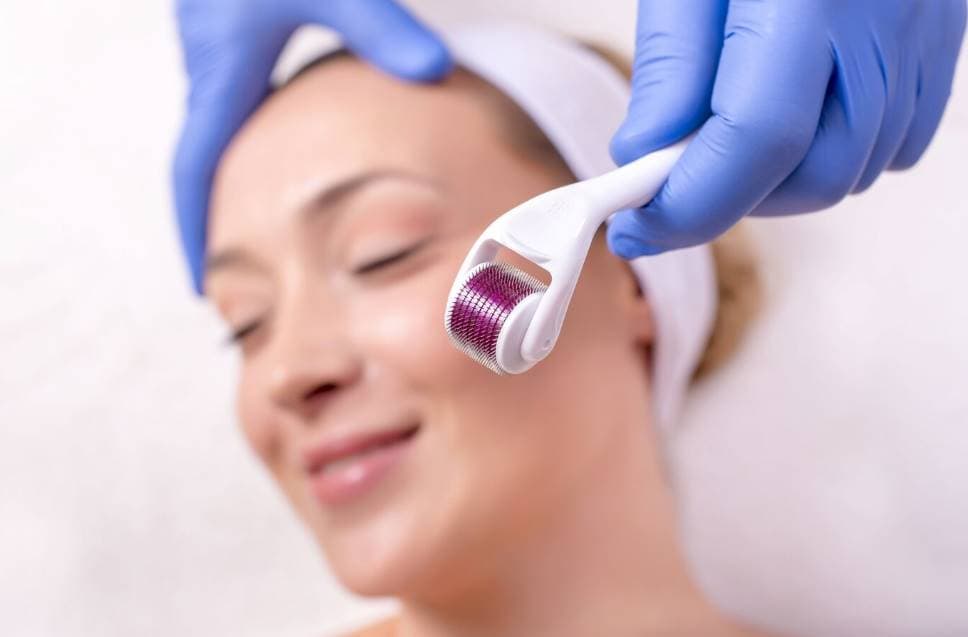Do you have trouble removing acne scars that won't go away? It might not be easy to get flawless skin with conventional skincare methods. Treatment with a laser can improve your skin and your self-esteem.
Acne scars, whether raised, pitted, or discoloured, can cause a lot of frustration and insecurity for their sufferers. The need to find a remedy has made laser treatments a viable option for these lingering blemishes. How do these medicines help? Do they work as well as they say they do?
Laser skin treatments for acne scars are the topic of this article. Join us as we unearth the truth about the influence of laser treatments on obtaining smoother, more radiant skin, whether you're seriously considering laser treatments or just curious about their outcomes. Choose a skincare routine with our assistance.
A Comprehensive Guide to Acne Scars
Scarring from acne develops when the body attempts to repair the damage done by acne-related inflammation. They can alter the look and feel of your skin, manifesting as depressions or bumps. Scars from acne can be atrophic (lowered), hypertrophic (raised), or a combination. Effective treatment of each variety calls for a unique strategy.
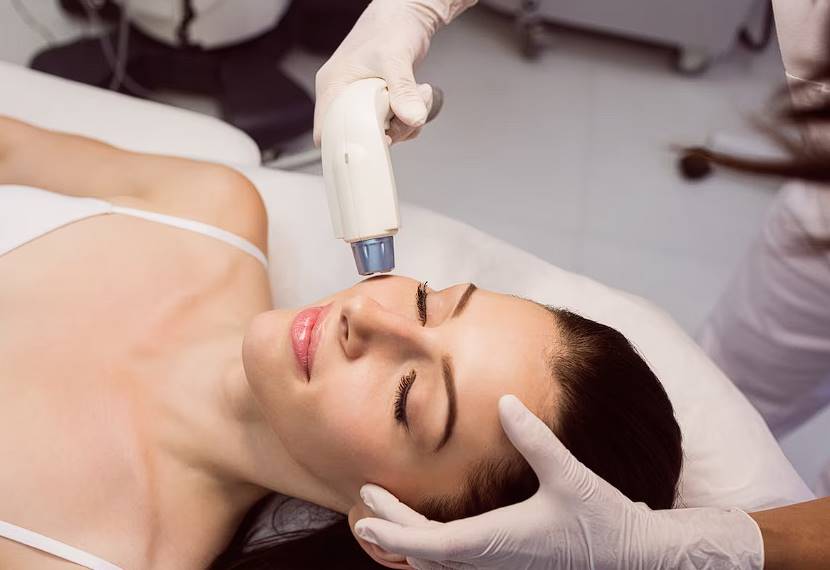
The Scarring Causes
Acne can cause substantial, long-lasting damage to the skin. Collagen, a protein crucial to skin health and attractiveness, helps the body repair itself. Collagen also prevents wrinkles from forming in youthful skin. Sometimes, the body's collagen will completely repair the damaged area without changing the skin's tone or texture. Acne scars didn't fully heal because of this. Distinct traces of the incident remain on your face.
Scabs are a common result of acne breakouts. These scabs will eventually break off, exposing fresh skin. This skin could be a contrasting colour or the same as the surrounding skin. A scar is visible when there is a colour change. Good news: laser treatment can help acne scars.
Types of Acne Scars
Acne scars vary in severity and appearance. They can look and be shaped very differently. If you've been fighting acne for a while, you may be left with the following scars:
Boxcar Scars
Scars can cause superficial, moderate, or severe damage to the skin. They're noticeable as wide, U-shaped marks with angular corners.
Ice Pick Scars
Many of these scars go rather deep. They cause circular, pinpoint holes in the skin, which sometimes look like scars left by chicken pox.
Rolling Scars
A wide indentation is what this term describes when it comes to scarring. It leaves marks on the skin that have a "rolling" appearance due to their rounded corners.
The Difference Between Raised and Atrophic Scars
Acne can lead to either hypertrophic or ice-pick scars. If not enough collagen is produced during healing, atrophic scars will form as facial depressions. The preceding descriptions of scars are all forms of atrophic scars.
Bumpy, meaty spots are what we call raised scars. Acne scars form when the body overreacts to the damage caused by acne and produces excessive collagen. It's more common to get a raised scar on your back or chest than on your face.
What Is Acne Scar Laser Treatment?
Using lasers to treat the skin has become increasingly popular as a safe, less intrusive method of reducing the visibility of acne scars. Lasers are employed in these procedures because of their ability to precisely target damaged tissue, stimulate collagen formation, and resurface the skin. Ablative lasers, Fractional lasers, and non-ablative lasers are all used, each with unique strengths and penetration depths.
Acne scar laser treatments are a cutting-edge, technologically sound option for enhancing your skin's appearance. Light therapy approved by the FDA kills acne-damaged skin cells. They kick-start the body's innate ability to repair itself by encouraging the production of new cells.
Is Laser Treatment for Acne Scars Efficient?
Yes! Acne is a complex problem, and we know that. Scarring is permanent as well. If you have successfully treated your acne, you may now be interested in removing the scars it has left behind. After all, scars certainly weren't on your mind when you envisioned your newly pristine skin post-acne.
You may have already experimented with many remedies for your acne. Acne scars can be removed effectively with laser therapy when other methods, such as home treatments and topical creams, have failed. It's a great option for treating acne scars since it helps your body naturally rebuild damaged skin with healthy new cells.
Acne scar removal with laser therapy has varying degrees of success depending on several factors.
- Laser treatment outcome highly depends on the type of scar being treated. Laser treatments are typically more effective on flatter, atrophic scars caused by tissue loss than on elevated, hypertrophic scars.
- The type of laser you select is crucial. Ablative lasers, which peel away the top layer of skin, are effective but take longer to heal. Although non-ablative laser treatments are less intrusive, they may require more than one session to produce visible improvements.
- Laser treatments have varying effects on various skin types. Hyperpigmentation may be more common in people with darker skin tones, while lighter skin tones may fare better.
- Laser treatment is only effective if it is deeply penetrating tissue. The deeper the therapy, the more effective it is at reducing the appearance of scars, but the longer it may take to feel back to normal afterwards.
- Aftercare is essential for achieving the best possible outcomes from any medical treatment. To avoid setbacks and obtain the intended result, it is crucial to use sun protection, moisturise, and adhere to the dermatologist's instructions.
How Does Laser Acne Scar Treatment Work?
Removal of Damaged Tissue
An expert might use a laser wand to remove acne scars. The wand's specialised light penetrates the skin and peels away damaged layers. Acne scars become less noticeable on newly formed skin cells during healing. Your scars' colour and texture will both be enhanced by this method.
By using your skin's blood vessels
Acne lasers target blood vessels deep in the skin, lightening scarring. Thus, your facial scar will integrate more naturally with your skin.
Increased Collagen Production
Deep laser penetration into the skin has been shown to increase collagen formation. The natural healing processes of your body, including skin repair, will be aided by this.
When Should I Expect to Feel Better After Having This Treatment?
There is no need to schedule extensive rest and recovery time following this procedure. After receiving therapy, most patients can return to their regular activities the next day. The skin's renewal process typically takes between 3 and 10 days after treatment. Results at this time may be dramatic at first, then improve gradually.
Avoiding sun exposure and going makeup-free for a few days following your Laser Acne Scar Removal visit will help your skin adjust faster to the procedure. You are also advised to wash your face often and apply moisturiser to the treated area.
Who Would Benefit Most from This Therapy?
Laser acne scar removal is safe and effective for people with all skin types and tones. If you've struggled to get rid of breakouts in the past, this therapy may help. More severe scarring from acne may have resulted if you took longer than average to get well. Therefore, laser therapy is a great choice if you want to lessen the visibility of your scars.
Is There More Than One Kind of Laser Therapy for Acne Scars?
Scars left by acne can have a wide range of effects. Thankfully, dermatologists have created many laser treatments to accommodate many patient needs. If you have acne scars, we can help you determine the most successful treatment. Some typical laser procedures are listed below.
Ablative Laser Resurfacing
This procedure clears the way for fresh skin by removing damaged tissue. Scars that go deep into the skin are typically treated with a carbon dioxide laser, while scars that don't penetrate the skin as deeply are treated with an erbium laser.
Fractionated Laser Resurfacing
This therapy penetrates deep into the skin to reach the dermis and encourages collagen formation. Cells that have acquired a dark colour are also eliminated.
Non-Ablative Laser Resurfacing
Your skin will be treated with infrared heat lasers. They help the body produce more collagen, essential for normal cell renewal.
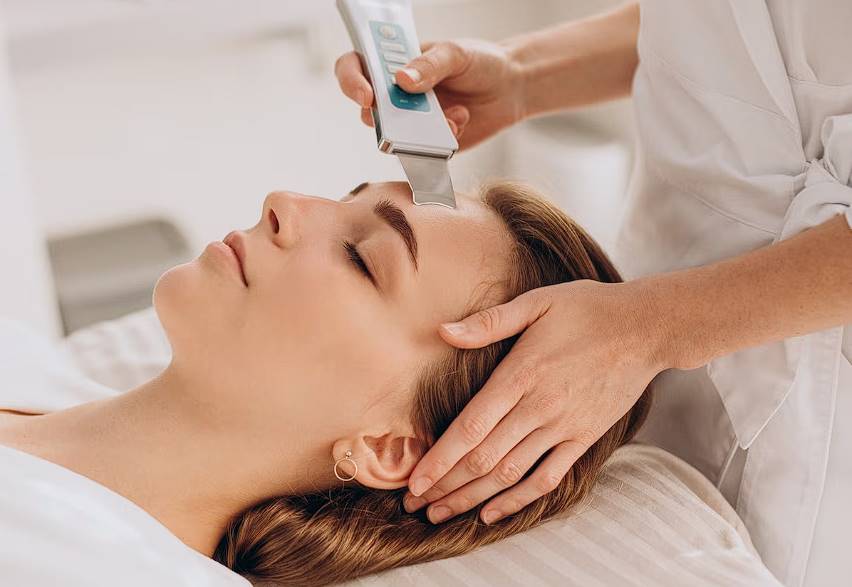
Benefits of Laser Acne Scar Treatments?
They Work Fast
Unlike many OTC and DIY treatments for acne scars, the results of Laser Acne Scar Removal are immediately visible. You will notice your skin has improved as soon as you finish your treatment. Your skin's response to the laser's healing stimulation will gradually improve over the following days.
They Cover Large Areas
Treatments for acne scars can be helpful even for those who have experienced minor acne. However, laser treatments are more effective if you have huge, obvious scars.
More serious skin damage can be repaired with their help.
Some acne scar treatments work solely on the surface of the skin. If you have sustained more extensive damage during your breakouts, these treatments will not help. Our lasers penetrate deeply into the skin to bring relief due to their advanced medical technology. They work well when conventional methods have failed.
The Time to Recover Is Very Quick
Treatments with a laser for acne scars are a noninvasive, low-risk option. Compared to procedures like dermabrasion and chemical peels, this one speeds up the skin's recovery time.
Professional Dermatologists with Board Certification Perform the Procedures
You can try to restore your skin on your own with over-the-counter remedies, but only dermatologists who are board certified in laser surgery should administer laser treatments. These dermatologists and plastic surgeons know how to address skin problems without damaging them. They can advise you on more effective treatments than previous options, and they will take special care to treat your skin properly.
You're Going to Adore Your New, Flawless Skin.
The confidence you'll acquire from finally defeating your acne is worth far more than any temporary improvement laser scar treatment may offer. Acne severity is influenced by several factors, including:
- T-zone oiliness
- The Cause of Acne
- A layer of dead skin
- Some Hormones
Laser treatments can benefit acne sufferers regardless of the underlying cause. When you've taken the time to learn about acne, buy treatments, and try different approaches, you deserve the smoothest skin possible. Using laser treatments for the skin helps expedite healing and return your skin's healthy appearance after acne breakouts.
Conclusion
Acne scars can be annoying and make you feel bad about yourself, but laser treatments can help. Acne scars can be raised, pitted, or darkened, and they can cause depressions or bumps. They can be atrophic, which means they get smaller, or hypertrophic, which means they get bigger. Different types of acne scars have different shapes, like boxcar scars, ice pick scars, and rolling scars. Raise scars happen when your body overreacts to the damage caused by acne and makes too much collagen.
Laser scar treatments are a safe and less invasive way to make acne scars less noticeable. They go after broken tissue, make collagen, and smooth the skin's surface. There are three kinds of lasers that are used: ablative, fractional, and non-ablative. Each has its own strengths and levels of penetration. The FDA has cleared these laser treatments, which help the body naturally replace damaged skin cells with healthy new ones.
Laser treatment for acne scars works when other treatments, like home remedies and creams, haven't worked. It helps the body repair broken skin by making healthy new cells on its own. The type of scar being treated, the type of laser used, and the type of skin all affect how well laser treatment works. Flatter scars caused by tissue loss respond better to ablative lasers, while non-ablative laser treatments may need more than one session to show noticeable results.
Laser treatments have different effects on different skin kinds. Darker skin tones are more likely to get hyperpigmentation, while lighter skin tones do better. Deeper laser treatments are better at lowering the look of scars, but it may take longer for you to feel like yourself again afterwards.
Laser treatment for acne scars includes removing damaged skin with a laser wand, focusing on blood vessels deep in the skin, and making more collagen. This process helps the skin's new cells work better with the old ones, which makes scars less obvious. Results may be shocking at first, but they will get better over time.
Laser acne scar removal is safe and successful for all skin types and tones, and it can help people who have had trouble with acne in the past. There are different kinds of laser treatments, such as ablative laser resurfacing, fractionated laser resurfacing, and non-ablative laser resurfacing.
Laser treatments for acne scars are fast, can treat big areas, and don't take long for the skin to heal. These treatments work better on scars that are big and obvious, and they can fix more major skin damage. Dermatologists who are board-certified are in charge of giving laser treatments because they know how to treat skin problems without hurting the skin.
The confidence you get from getting rid of acne is worth more than any temporary change you might get from a laser scar treatment. The intensity of acne is affected by things like how oily your T-zone is, what's causing it, the amount of dead skin on your face, and certain hormones. No matter what causes acne, laser treatments can help. By learning about acne, trying different treatments, and doing what the doctor says, you can get the smoothest skin possible after a breakout.
Content Summary
- Scars left behind by acne can be permanent and have a negative impact on self-esteem.
- It's possible that acne scars can't be entirely removed with traditional skincare methods.
- Laser treatments present the possibility of a cure for acne scars that have not completely faded.
- The purpose of this blog is to investigate the claims made regarding the efficacy of laser treatments.
- It offers an all-encompassing guide to understanding the various forms that acne scars can take.
- Scarring occurs when the body attempts to repair damage caused by inflammation, such as that caused by acne.
- Repairing damaged skin and keeping it looking young are both helped by collagen, which is essential for skin health.
- Some scars are the consequence of collagen mending that was not completed properly, which leaves remnants on the skin.
- The scabs that form as a result of acne breakouts may reveal skin of a different colour underneath.
- Acne scars can potentially be treated using laser therapies, which are currently being researched.
- Scars left by acne can take on a variety of forms, including the boxcar, ice pick, and rolling scars.
- Scars that become atrophic as a result of decreased collagen formation throughout the healing process.
- Scars that are raised form when there is an overproduction of collagen in the body.
- Treatment plans must be tailored specifically to each type of scar in order to be effective.
- Lasers are directed at the injured tissue in order to resurface the skin, stimulate collagen production, and repair the tissue.
- Lasers that are ablative, fractional, and non-ablative each have their own unique advantages.
- Laser treatments stimulate the production of new cells within the body, which in turn helps the body repair itself.
- The success of laser treatment is determined on the type of scar, the skin tone, and the laser that is used.
- Laser therapy that goes deeper into the tissue is more effective, but the patient may need more time to recuperate.
- It is essential for results to have proper aftercare, which should include protection from the sun and moisturising.
- The elimination of scars with a laser involves the use of specialised light to exfoliate the affected areas.
- Acne lasers concentrate their energy on blood vessels in order to organically blend scars into the skin.
- Collagen production is stimulated and the healing process is aided by deep laser penetration.
- The healing process following laser treatment is normally completed between three to ten days.
- After treatment, it is extremely important to wear sunscreen and practise good skincare.
- The elimination of acne scars by laser is beneficial for people of all skin types and tones.
- The obvious effects of laser treatments can be seen very immediately.
- They are excellent for treating major skin injury and extensive scarring.
- In comparison to other therapy modalities, laser procedures hasten the healing process.
- Procedures are carried out by board-certified dermatologists to ensure patient safety and optimal results.
- The self-assurance that can be achieved by clearing up acne is priceless.
- Acne treatments using a laser are beneficial independent of the underlying cause of the condition being treated.
- The objective of this blog is to guide readers through the process of achieving clearer, healthier skin after acne.
Frequently Asked Questions
Downtime varies depending on the type of laser used and the intensity of the treatment. Some treatments might cause redness, swelling, and peeling, which can last for a few days to a week.
Laser treatments can be tailored to various skin types, but individuals with darker skin tones may have a higher risk of post-inflammatory hyperpigmentation. A skilled practitioner will adjust settings accordingly.
While laser treatments can significantly improve the appearance of many types of acne scars, they might not completely eliminate very deep or severe scars. Results can vary depending on individual factors.
Laser treatments can cause some discomfort, which is often described as a sensation similar to rubber band snaps or mild burning. Topical anesthesia or cooling methods are often used to minimize discomfort.
Laser treatments can be combined with other procedures like chemical peels, microdermabrasion, or dermal fillers to enhance results. Consultation with a dermatologist or skincare professional will help determine the best approach for your specific scars.
